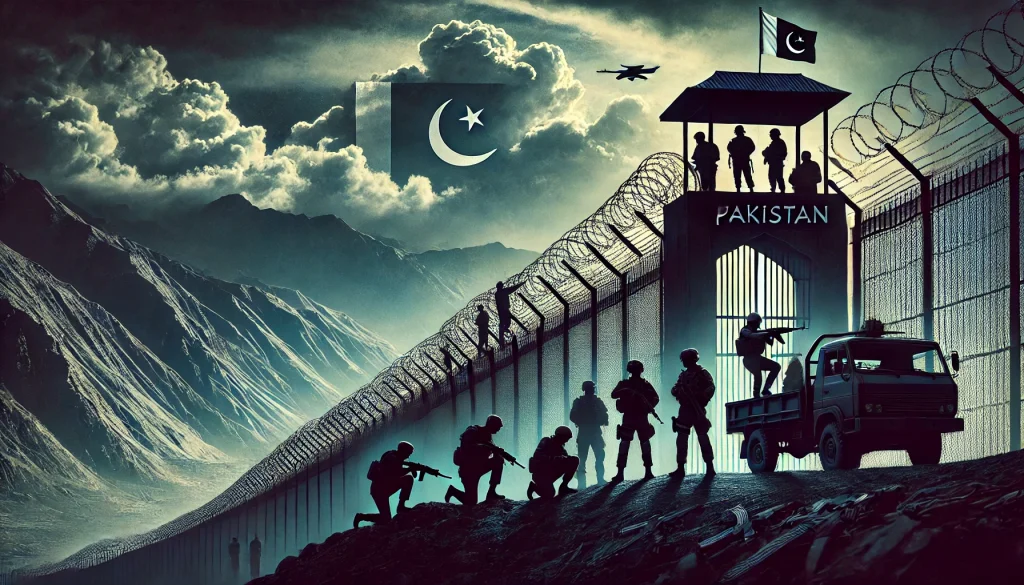Pakistan is grappling with escalating security challenges due to cross-border terrorism originating from Afghanistan. The resurgence of the Tehrik-i-Taliban Pakistan (TTP), operating with impunity under the Afghan Taliban’s patronage, has intensified attacks against Pakistan’s security forces, infrastructure, and civilians. Despite repeated diplomatic efforts, Afghanistan’s interim government has failed to curb the activities of these militant groups, posing a significant threat to regional stability.
The Resurgence of TTP and Its Impact on Pakistan
Since the Taliban’s takeover of Kabul in August 2021, Pakistan has witnessed a sharp rise in terrorist activities. The TTP, emboldened by the Afghan Taliban’s ideological and logistical support, has launched deadly assaults, particularly in Khyber Pakhtunkhwa and Balochistan. According to security reports, TTP militants use Afghan territory as a safe haven, regrouping and strategizing attacks against Pakistan. The group’s growing strength has forced Pakistan to adopt countermeasures, including military operations and border security enhancements. However, the absence of decisive action from Kabul has exacerbated Pakistan’s security dilemma.
The Global Community’s Indifference
Despite Pakistan’s repeated calls for international intervention, global powers have largely remained indifferent to the country’s security concerns. The United Nations, the United States, and other influential actors have urged the Taliban to sever ties with terrorist groups, but these demands have lacked enforceable actions. While the world condemns terrorism in principle, the selective approach towards TTP’s cross-border terrorism undermines Pakistan’s efforts to maintain national security. The international community’s inaction only emboldens the Afghan Taliban, allowing TTP to operate unchecked.
The Need for Collective Action
Pakistan cannot combat this security crisis alone. A unified regional and global strategy is essential to pressurize the Taliban government into taking concrete measures against TTP. Diplomatic engagement, economic sanctions, and intelligence-sharing mechanisms must be leveraged to curb the Taliban’s support for terrorist elements. The Shanghai Cooperation Organization (SCO) and the Organization of Islamic Cooperation (OIC) must play a more proactive role in addressing this transnational security threat. Additionally, the U.S. and NATO allies must recognize the repercussions of abandoning counterterrorism commitments in Afghanistan.
The unchecked patronage of TTP by the Afghan Taliban poses a dire threat to Pakistan’s national security. While Pakistan continues to bear the brunt of cross-border terrorism, global apathy has only emboldened militant networks. The international community must move beyond rhetoric and take decisive action to hold Kabul accountable. Without collective pressure, the security situation in South Asia will continue to deteriorate, with severe consequences for regional and global stability.


